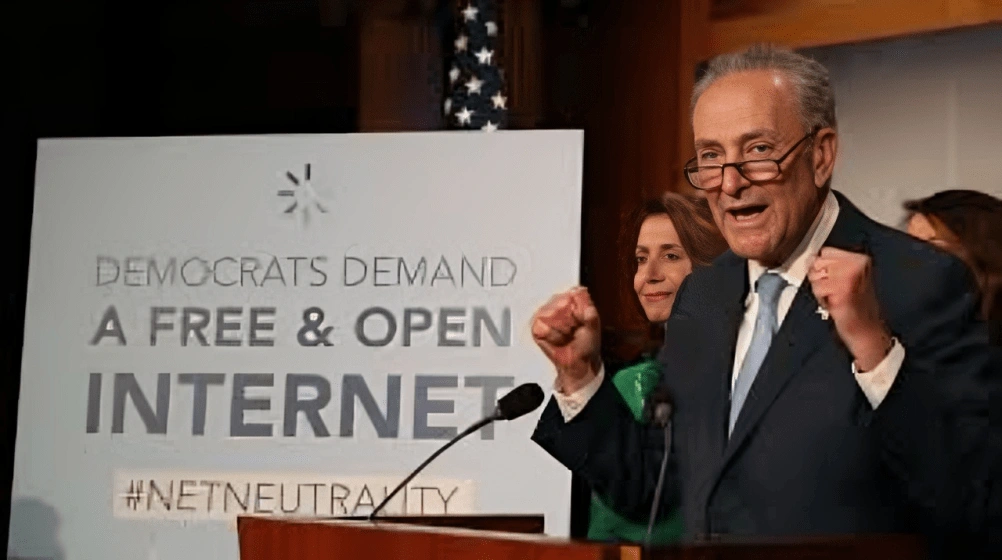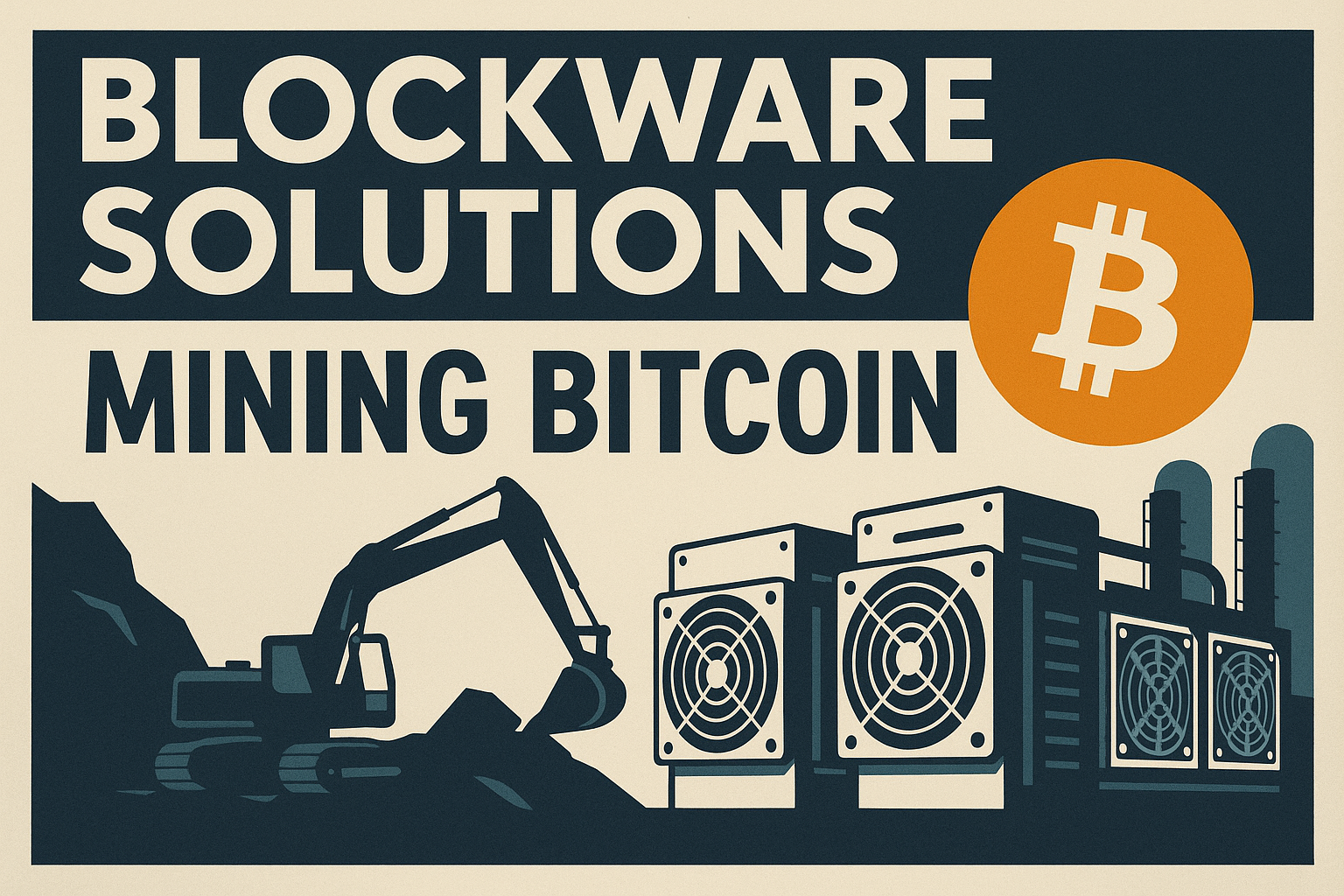The latest net neutrality rules set forth by a federal U.S government court have been scrapped in an extremely vital ruling for equal access to the internet. Praised and criticized, this judgment has turned the tables on continuing disputations regarding how internet service providers (ISPs) are allowed to manage internet traffic.
It effectively dismantled the regulations imposed during the Obama presidency which forbade an ISP from throttling Internet speed or blocking certain kinds of content-this would generally comprise rules referring to net neutrality. Level playing fields for all Internet use were maintained through this-the ISPs were preventing preferring their own services or those of their partners.
What Was At Stake?
The net neutrality crusaders claimed that these rules would prevent ISPs from giving priority to all content provided by companies paying for faster speeds, creating an uneven playing field for consumers. Opponents of net neutrality feared that corporations would pay for faster routes onto the internet, which would disadvantage smaller content providers.
Many ISPs and conservative legislators, moreover, opposed the repeal on grounds that red tape would discourage innovation. They claimed that such a measure would channel resources into broadband infrastructure profitable to consumers in the brightness of enhanced service delivery, specifically internet speed.
Judgement of Court
The ruling has been viewed as a victory for the current administration’s stance of deregulation. The judgment insists on a fresh examination of the net neutrality rules and would be capable of instituting newer policies that would allow more liberty to the ISPs in managing the internet traffic the way they liked.
The ruling does not, however, end all rules for internet providers; it seriously undermines what little remains of the protections erected during the Obama administration. It could lead to increased scrutiny potential as to how ISPs manage internet access and may set the stage for new legislative moves to restore net neutrality or create different regulations.
Impacts upon Consumers and the Industry
Consequently, the effects of the court ruling will most likely be felt far and wide by internet users, content providers, and the telecommunications industry. For consumers, the absence of net neutrality rules may result in premium price tags for accessing certain websites or services, since ISPs may begin to charge fees for “premium” access to particular sites or content. The resulting internet may be forward in which some services are faster or more accessible than others depending on their ability to pay for more favorable treatment.
For smaller start-ups or independent content providers, the absence of net neutrality may be a challenging proposition since it would allow larger companies to pay for better access, making competition tougher. As a result, the world may have more monopoly like conditions in the internet ecosystem, where most of the huge corporations will be the ones who enjoy the greater flow of information and smaller entities fight to be noticed.
On the other hand, proponents of deregulation believe that this will lead to a competitive market. They stated that deregulating ISPs would give them a lot more options on how to provide their internet services, and hence, maybe a generation or two down the line, consumers will benefit.
Future Discussions And Next Steps
After the court’s judgment, it would be expected to again hold talks in Congress and among regulators on how best to approach internet access regulation. Some lawmakers are even pushing for a new legislation on this which would restore net neutrality—or it may be used as a template to craft a framework that tries to do justice to the interests of everyone, be they consumers, content providers, and ISPs.
But even now, it remains unclear what will be the future of net neutrality and one of the major points of current debate: whether the ideals of net neutrality can best be expressed through federal regulations, state-level action, or market-driven solutions. The ruling of the court is only part of the continuing long story with a lot of contention on how to regulate one of the most essential resources in the digital age: access to the internet.





